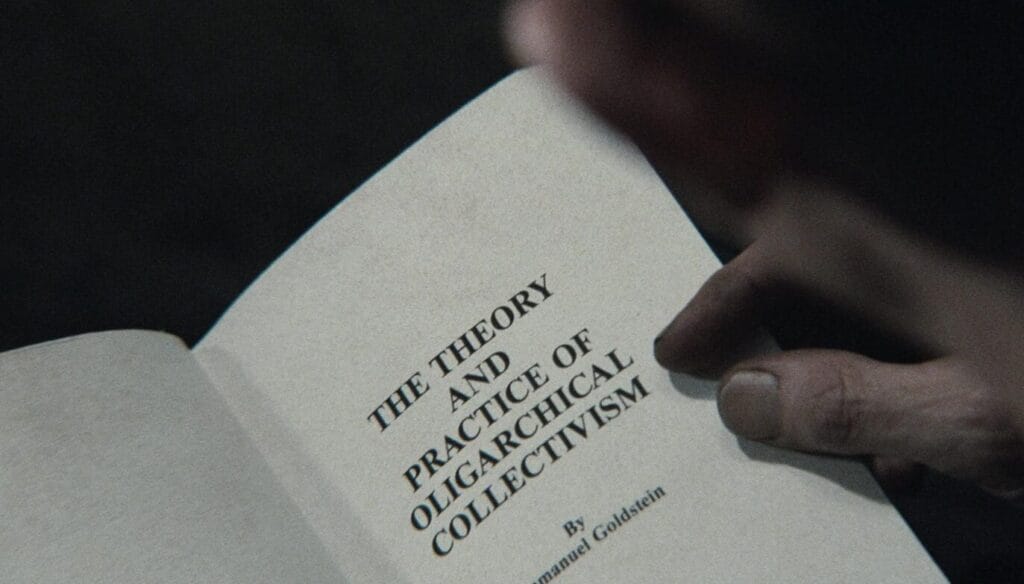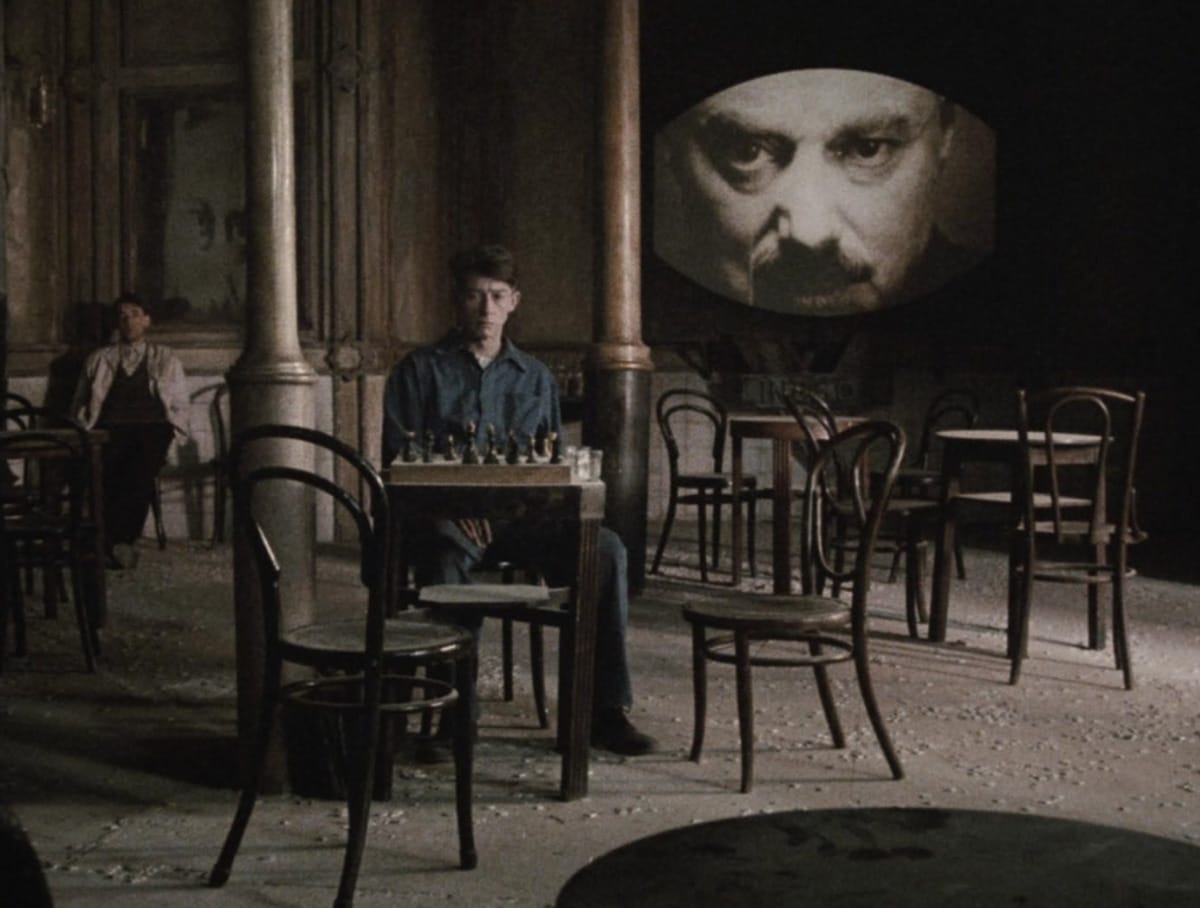At the beginning of 2025, a statement by a British writer began to spread on social networks that constant war helps keep people in a world of illusions. We have verified the authenticity of this attribution.
This quote in full looks like this: “This war is fraudulent, since it must last forever, without victory. Its main goal is to preserve the existing system, destroying not only human lives, but also the fruits of human labor, since the general growth of well-being threatens the hierarchical society with death. If the vast mass of people becomes literate and learns to think for themselves, they will get rid of the privileged minority as unnecessary. War and famine help keep people, dulled by poverty, in a world of illusions.” The authors of many publications clarified that this is an excerpt from the novel “1984”.
In January-February 2025 the phrase was popular primarily among users Facebook, but in the three years since the Russian full-scale invasion of Ukraine began, this text has been distributed in social networks X, and in Instagram, and in blogs on "Zene" The media also mentioned him, for example, “Radio Liberty"
George Orwell's novel, published in 1949, became his most famous work, and the book itself, about a totalitarian society constantly at war, became an example of dystopia. The main character of 1984 is Winston Smith, an employee of the Ministry of Truth whose job is to falsify documents that no longer conform to the party line. He supports the party in words, but hates it in his thoughts. Some of the terms and slogans coined by Orwell (“Big Brother,” “Newspeak,” “doublethink,” “War is Peace”) have become part of everyday figurative language.
Phrases from the viral text are taken from 9th chapter of the second part novel. In it, Smith gets a book by Emmanuel Goldstein, once one of the founders of the ruling regime, and then a fierce critic and exposer of the party and the world order. It is from this work (a book within a novel) that the main character learns that the permanent war between Oceania, Eastasia and Eurasia is just a battle for resources and a deception of society.

However, the quote in the form in which it is distributed on social networks is not in “1984”. These are fragments the same chapter, abbreviated, slightly distorted and rearranged (translation by Viktor Golyshev):
“It doesn’t matter whether there is actually a war going on, and since there can be no decisive victory, it doesn’t matter whether things are going well or poorly at the front. One thing is needed: to be in a state of war” <…>. Thus, war, if we approach it by the standards of past wars, is a fraud. <…> The essence of war is the destruction of not only human lives, but also the fruits of human labor. <…> If the machine were used specifically for this purpose, then in a few generations there would be an end to hunger, and exhausting labor, and dirt, and illiteracy, and disease. But it was also clear that the general growth of well-being threatens the hierarchical society with death, and in a sense, it is already its death. For if everyone can enjoy security and leisure, then the vast mass of people, dulled by poverty, will become literate and learn to think for themselves; after which these people will sooner or later realize that the privileged minority serves no function and throw them out.”
Thus, we can conclude that the fragment distributed on social networks, signed with Orwell’s name, is not an exact quote, but rather an extract from his novel. Nevertheless, the meaning is not distorted and the key ideas of the novel are conveyed correctly.
In this form, the quote from “1984” began to circulate in the mid-2010s. The earliest mention found by "Verified" is recording on the page of user Galina Rudnitskaya on the website “Stihi.ru”, made in 2015.
Cover photo: frame from the film "1984" (dir. Michael Radford, 1984)
Read on topic:
If you find a spelling or grammatical error, please let us know by highlighting the error text and clicking Ctrl+Enter.






